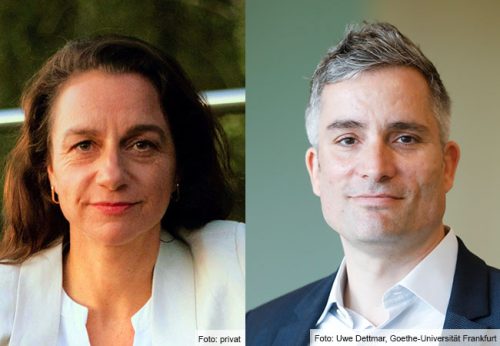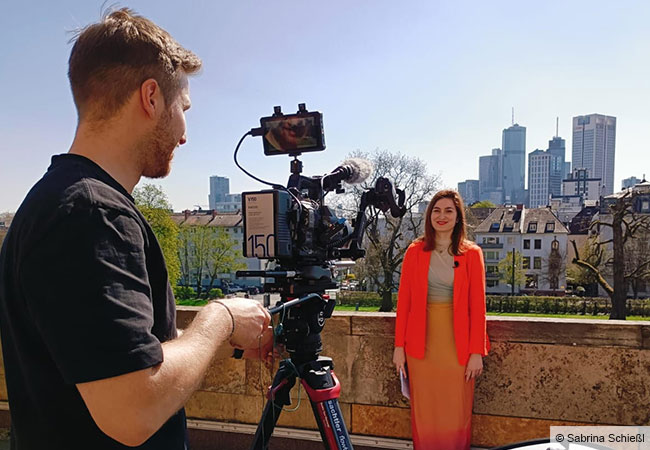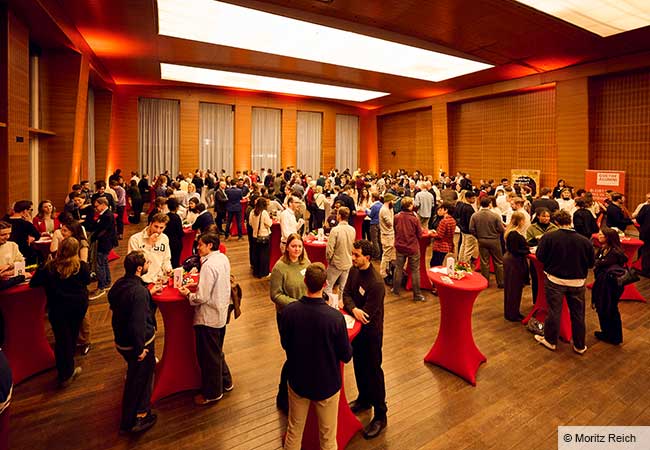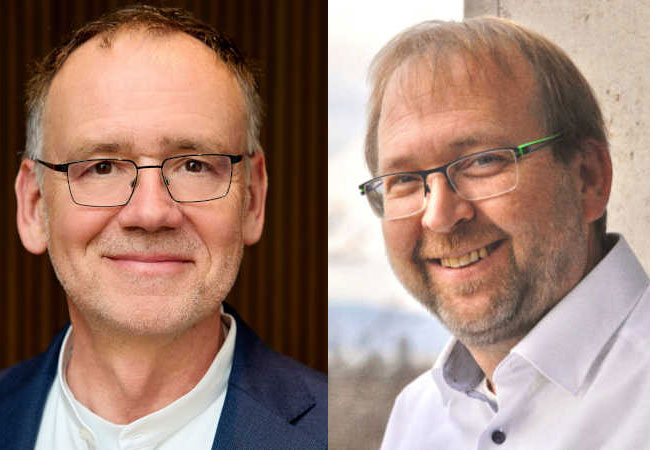We read or hear about it time and time again: Some people are stopped by the police more often than others and complain about disrespectful or insulting behavior. Many of them believe this is related to their outward appearance or consider such manners as racial discrimination. A scientific study by Goethe University’s Prof. Tobias Singelnstein and Hamburg Police Academy’s Prof. Eva Gross will now shed empirical light on the situation: A survey of those affected will run from March 3 to April 3, 2025.

A recent representative survey by the Integration Barometer of Germany’s Expert Council on Integration and Migration (SVR) shows that respondents who are perceived as “foreign” are checked by the police about twice as often as those who are not perceived as such. The non-representative „Afrozensus“ report comes to similar conclusions. It is therefore not without reason that the actions of police officers are increasingly becoming part of the public discourse. “Beyond identity checks, we still know far too little about racism and discrimination in police work,” explains Professor Tobias Singelnstein, criminologist and criminal law expert at Goethe University Frankfurt. Together with Eva Gross, Professor of Criminology and Sociology at Akademie der Polizei Hamburg [Hamburg Police Academy], he has now launched a study to fill this knowledge gap. The survey is part of the three-year collaborative project “Experiences of Racism and Discrimination in Police Contact” (RaDiPol), which involves ten researchers and which has received around €630,000 in funding from the German Research Foundation (DFG).
The representative population survey will take place from March 3 to April 3, 2025. It will involve 100,000 people randomly from the population registers of five major German cities (Berlin, Frankfurt a.M., Dresden, Hamburg, and Munich). They will receive a letter with a link to an online questionnaire in which they can participate during the one-month survey period. “The more people who participate and provide us with their answers, the more accurate our assessment of this problematic situation becomes,” emphasizes Professor Eva Gross. The quantitative population survey will be complemented by 60 qualitative interviews with representatives of both the police and civil society groups, focusing on their different experiences and perspectives. Professor Tobias Singelnstein explains: “Our aim is to combine the results of the population survey with the assessments of the police officers who carry out state tasks in law enforcement or criminal investigations.” Most previous analyses have looked at the experiences of those affected and police perceptions separately.







